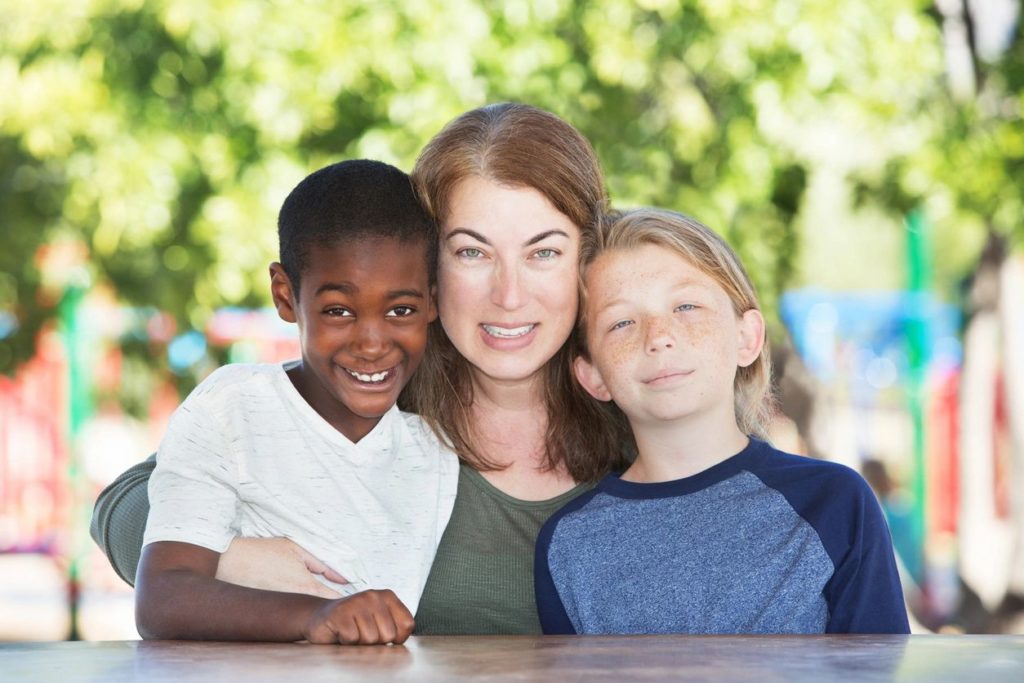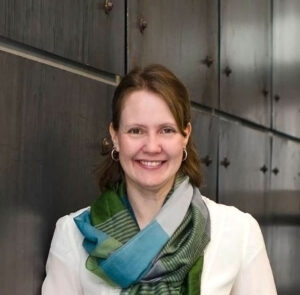Family for Mandy meant short stays and unreliable living conditions – it never meant safety or stability. Mandy spent much of her childhood in homelessness; she recalls several instances of having to live in motels for weeks (and months) on end. If it wasn’t a motel, then it was a house of one of her mother’s boyfriends. Either way, Mandy and her brother spent their younger years moving from one instance of drug abuse and violence to another – all while learning to cope with their surroundings by adapting and staying invisible. When she moved into her uncle’s house at age 20, she only stayed a short time because his building was condemned and he fled with no notice, leaving Mandy alone and homeless again.
From watching her mother at a young age, Mandy learned that being a woman meant being treated poorly by men, and that drugs and alcohol made the devastating treatment less painful. When Mandy had her first baby, the beginning seemed as though stability was on the horizon. A partner made promises to love and care for Mandy and her baby boy, but that promise didn’t last. Like her mother, the man in Mandy’s life treated her with cruelty and violence. She fled and returned, fled and returned – each time hoping things would be different, but they never were.
During a second pregnancy, Mandy anticipated the birth of her son with some trepidation. Due to the unstable relationship with her first son’s father, this child more than likely had a different father. Mandy’s on-again/off-again abusive partner became angry and dismissive when Yuri was born and had obviously different characteristics. He vowed to ignore the newborn baby.
Mom, newborn, and infant all left the hospital to go “home,” but there was no home. Instead, they moved from one place to another as friends made room. After a few months, Mandy couldn’t do it anymore and found herself in a homeless shelter. She was alone with two babies in a questionable place. She held her children close and slept light. Each morning, she packed up their few belongings and headed out into the streets.
Eventually, a social worker found Mandy and her children a place at an emergency shelter in a long-term supportive housing complex. Finally, Mandy and her babies were safe – they had nothing, but they were safe. At 22 years old, Mandy has completely moved with her children into long-term supportive housing. She regularly attends a parenting group, volunteers with other children, and sends her own two children to early childhood programming.





